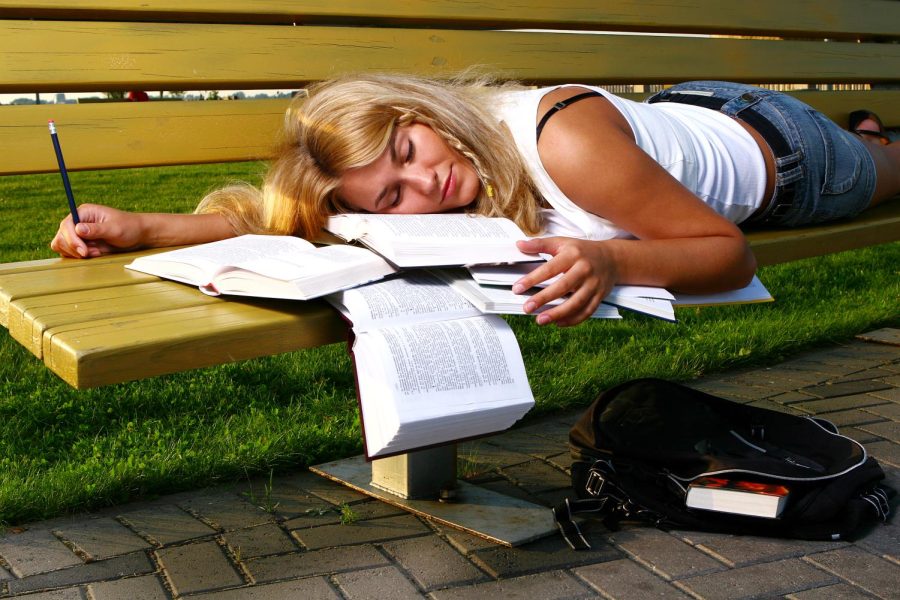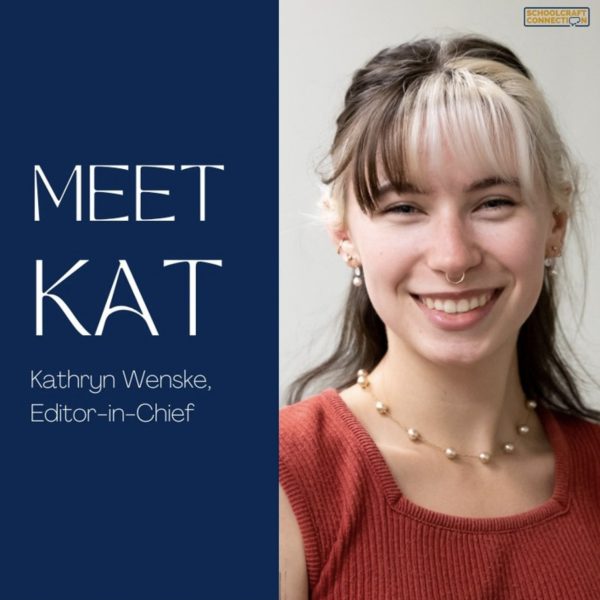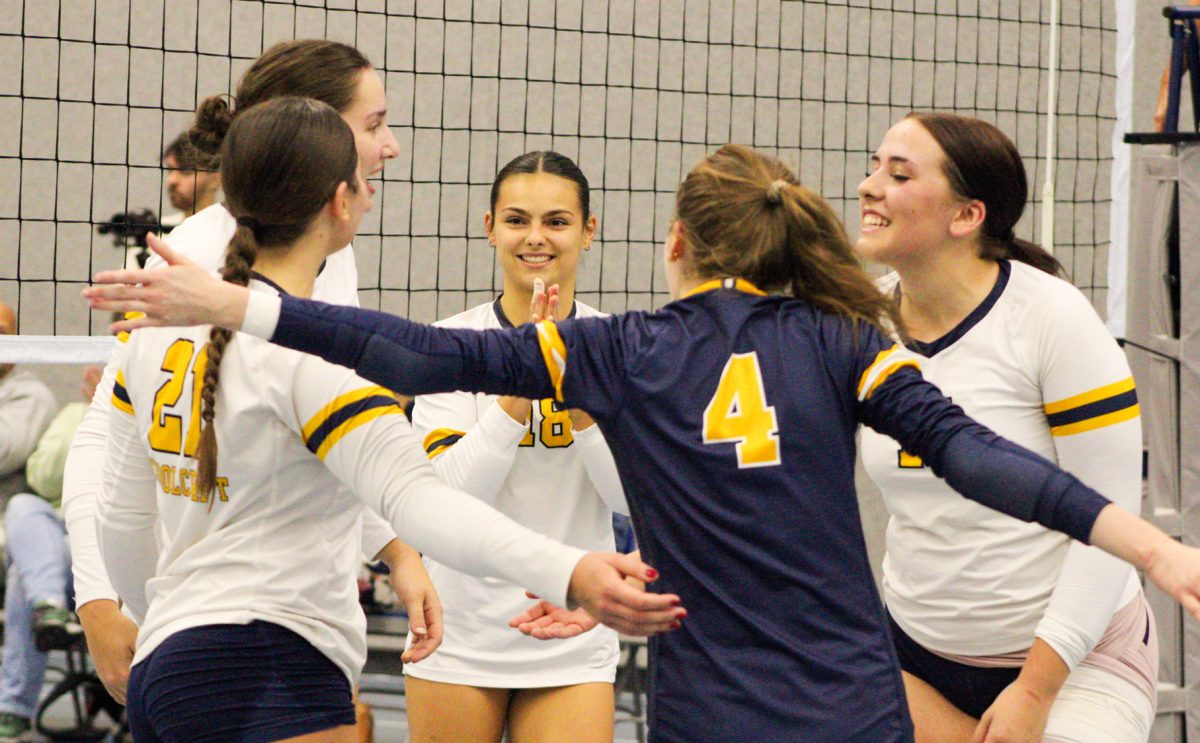Starting the discussion
Collegiate athletes address experiences with burnout
March 24, 2023
Burnout is inevitable, but the recovery from it and how to make that process seamless for Schoolcraft athletes is vital. This year, Phi Theta Kappa (PTK) Honor Society worked to accomplish this with their annual project, dedicated to addressing this often dismissed and undiscussed issue to provide resources for the athletes to avoid burnout.
“PTK provided the baseball team with an athletic psychological survey that we ended up utilizing in our data collection, as well as providing tangible advice and worksheets from us and our keynote speaker [from the seminars we conducted],” said PTK Vice President of Leadership/Officer Melia Conners.
Mental and/or physical exhaustion was collectively agreed to be very common in any athlete in some measurement from those interviewed. However, even with this commonality, many athletes feel uncomfortable discussing their symptoms due to either self-induced reasons or expectations to always perform they must abide by.
“[My experience with burnout] is mental exhaustion; coming to practice every day and doing the same things over and over. You get frustrated not doing the things that you’re supposed to do [in practices and games],” said basketball combination guard Lazae Mosley. “On top of that, we have jobs. I have a job along with practice, class and everything[else that is] back to back.You don’t get any breaks. So I know if it’s hard for me, it’s definitely hard for others and I don’t think that’s talked about enough.”
Softball outfielder Paisley Stevens’s experiences with burnout understands it as an overwhelming stress that clouds the goals she is working towards. Athletic and academic ability, body image and/or financial insecurities are all stress factors she and others may exhibit: burnout is sometimes initiated from stressors not affiliated with the sport but everyday life.
“Although there’s been more light shed on these topics surrounding mental health, there’s definitely still a huge barrier for those struggling. It is very easy as a student athlete to put my guard up when I’m asked these questions. It’s difficult to have these conversations with coaches but it’s something that needs to be done in order to create a better environment for student athletes.”
For those who are experiencing burnout, it’s common for this stress to impact their academic performance as well.
Schoolcraft Athletics has the Student Athlete Support System (SASS) that acts as a checkpoint system to ensure they are on track to success. Each team also works on campus with Trinity Elite Physical Therapy and Sports Performance for injury prevention and training which is offered as a substitute for practice. Schoolcraft strives to remove stigmas and conserve and support their teams, whether it’s from programs, practices dedicated to recovery training, stand-by trainers at each game and practice, seminars etc.
“We have very good fatigue services and the people here at Trinity Elite; obviously talking to any of the coaching staff. Specifically last season we had very good relations with our team trainer and he helped the boys out a lot by doing things like ice baths. It’s also good for team activities just to get together to do something other than soccer,” said men’s soccer defensive mid Alex Wenske.
When avoiding burnout, Wenske believes that it is subjective to the individual. He equates soccer to having a job: “you put all your attention and focus towards work, obviously enjoy work, but when you get home, you’re just done with it: leave it behind your mind and focus on something more for yourself.”
Conners suggested something she often did when she was a competitive artistic roller skater is set aside time to play the sport in a comfortable, fun and non-competitive manner as a method to develop a better relationship with it.
Although it is an uncomfortable conversation to have, these students, as well as the coaches and trainers, want to see our athletes receive the necessary support in order to succeed. There is no shame in reaching out for help.
Contact Schoolcraft’s Student Relations at 734-462-4486 in order to speak to a Student Support Specialist. Additionally, The SC Aware reporting system can be used to report specific issues regarding academic needs found at schoolcraft.edu/scaware.









